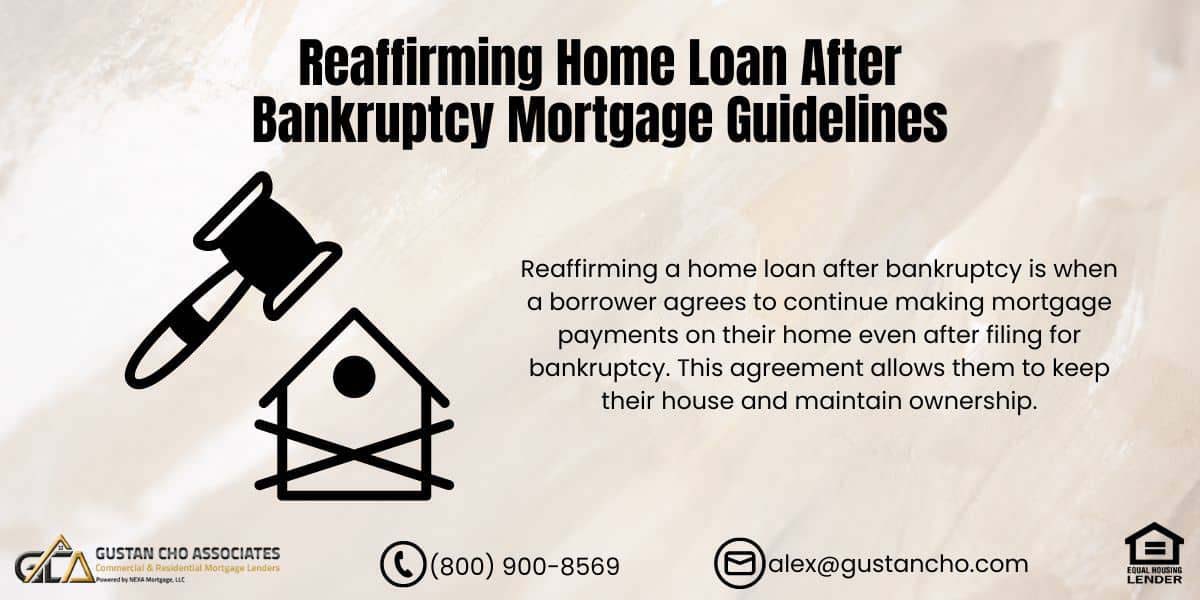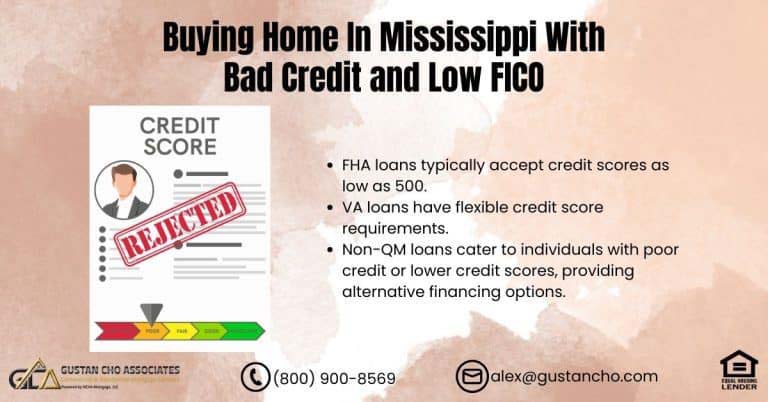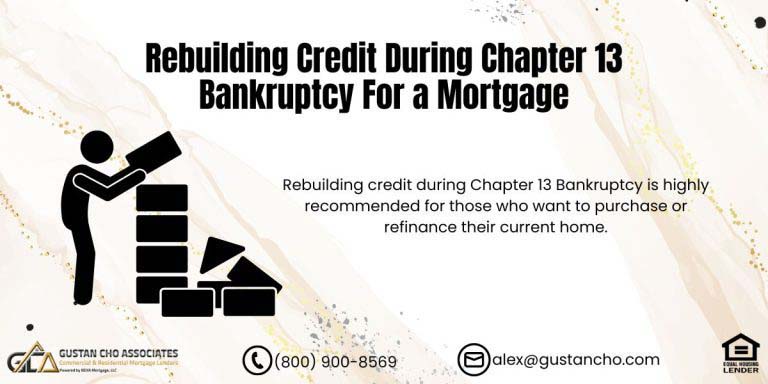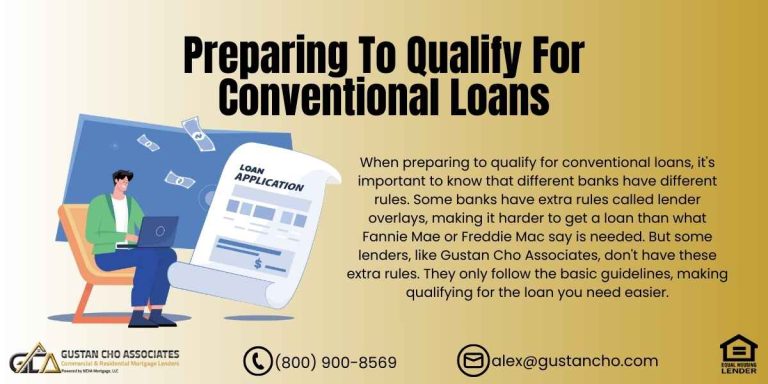In this article, we’ll talk about reaffirming home loan after bankruptcy, a frequently inquired topic. Milwaukee-based Attorney James Miller of Miller and Miller LLC Attorney at Law is often consulted. It’s a common misconception among homeowners that filing for bankruptcy necessitates immediate eviction from their property. To clarify, here’s what James Miller outlines:
Any non-exempt equity after accounting for closing costs must be allocated to general unsecured creditors upon bankruptcy. Banks typically encourage debt reaffirmation in such cases, allowing homeowners to retain their property and continue mortgage payments.
However, it is important to remember that if you fail to repay your reaffirmed mortgage debt, you could be held personally responsible for any future deficiency judgments.
Many individuals fear that filing bankruptcy will result in law enforcement officers rifling through their belongings and ejecting them onto the streets. This anxiety is unfounded, as federal laws provide protections in such situations. Below, we’ll look into the intricacies of reaffirming home loans post-bankruptcy.
Excluding your Home in Bankruptcy
Homeowners can exclude their homes from the bankruptcy process or include their mortgage debts in the bankruptcy proceedings. This information alleviates stress and anxiety by helping consumers understand their options when they encounter legal actions like a motion to modify their stay on a mortgage or vehicle.
Additionally, homeowners might receive notifications such as a “Notice of Mortgage Payment Change” from their lender, which can be confusing and overwhelming. It’s important to remember that bankruptcy isn’t the end; homeowners can still purchase a home post-bankruptcy. However, they must adhere to specific waiting periods to qualify for a mortgage after bankruptcy. This process, known as Reaffirming Home Loan After Bankruptcy, is essential for reestablishing homeownership.
Ready to Reaffirm Your Home Loan After Bankruptcy? We Can Help You Through the Process!
Contact us today to learn how we can guide you through the process and ensure a smooth reaffirmation.
Reaffirming Home Loan After Bankruptcy And Making Mortgage Payments
Reaffirming home loan after bankruptcy largely hinges on your intentions for your property. Continuing your mortgage payments is advisable if you aim to retain your real estate. As explained by James Miller, a bankruptcy attorney with Miller and Miller Bankruptcy Lawyers, this applies even if you were up-to-date with your mortgage payments at the time of your bankruptcy filing.
Should your bankruptcy have been precipitated by overdue mortgage payments, it is probable that you opted for a Chapter 13 bankruptcy. Upon initiating Chapter 13 proceedings, you will resume your mortgage payments the following month, treating them as if you were always current and had never missed a payment.
Any mortgage payments missed before filing will be incorporated into your repayment plan, potentially along with a portion of other debts and vehicle loans. Subsequently, you will start making payments to a Chapter 13 bankruptcy trustee. This trustee is responsible for collecting these monthly payments and distributing them among creditors, including your mortgage provider, auto lender, credit card companies, etc.
Reaffirming Home Loan After Bankruptcy With Chapter 7 Bankruptcy
It is perfectly acceptable to file a Chapter 7 bankruptcy and keep your house, so the answer is yes to the question, Can I Keep My Home If I File Bankruptcy:
Assuming your income does not disqualify you from filing a Chapter 7, you need to ensure that you do not have any equity in your home that exceeds your homestead exemption and the cost of potentially selling your house. What does “the cost of selling your house” do with anything? The bankruptcy trustee assigned to your case is looking for a property that can be sold to pay your creditors.
Here is a case scenario. Suppose you hypothetically have real estate worth $200,000. In that case, the trustee will factor in about ten percent of that value towards closing costs such as realtor commissions, tax prorations, title fees, transfer stamps, etc.
So, if you have a mortgage with a $180,000 balance, it would not be worth it for the trustee to sell your property. This is because there would not be any funds left to distribute to your creditors after paying off the mortgage and the closing costs.
Furthermore, if you reside on the property, you can claim a homestead exemption of $15,000 for a single person or $30,000 for a married couple. This means that a bankruptcy trustee would likely not attempt to sell your home worth $200,000 unless you owed under $150,000 on your mortgage.
So you could file a Chapter 7 Bankruptcy, continue to make mortgage payments, and keep your property while discharging other debt. Likewise, the same analysis determines how much money you must pay your unsecured creditors in a Chapter 13 bankruptcy petition.
Keeping Home While Reaffirming Other Debts
When you file for bankruptcy, it’s possible to reaffirm your debts, including those for mortgages or car loans. Reaffirming home loan after bankruptcy involves weighing the advantages and disadvantages. Before committing to a reaffirmation agreement, discussing the implications with an attorney is essential.
Suppose your plan involves surrendering your property through a Chapter 7 or Chapter 13 bankruptcy. In that case, you will cease making payments on the mortgage.
In this scenario, you should allow the creditor to proceed with the foreclosure process to reclaim the property. If someone chooses this option, they can be confident that their lender will file a motion to modify or lift the automatic stay. These actions are necessary for the lender to take possession of the property the borrower is surrendering.
Need to Reaffirm Your Home Loan After Bankruptcy? We’re Here to Help!
Reach out today to discuss your options and get expert advice on reaffirming your loan.
Qualifying For Mortgage After Bankruptcy: Reaffirming Home Loan After Bankruptcy
If you want to go off the discharge date after bankruptcy and not the housing event, you cannot go about reaffirming home loan after bankruptcy. Gustan Cho Associates specializes in helping borrowers get qualified for mortgages after bankruptcy, foreclosure, deed in lieu, and short sale.
Gustan Cho and our licensed and support personnel at Gustan Cho Associates work alongside James Miller. The Team at Gustan Cho Associates Mortgage works with attorneys and paralegals of The Law Offices of Jamie Miller in helping families rebuild their lives after bankruptcy. We try to get them qualified for a mortgage and help them realize the dream of homeownership becoming a reality.
How Can I Qualify For a Mortgage after Bankruptcy
Here are the basic qualification requirements for securing a mortgage after bankruptcy. There is a two-year waiting period to qualify for an FHA Loan after a Chapter 7 Bankruptcy discharge date. There is a four-year waiting period to qualify for a Conventional loan after a Chapter 7 Bankruptcy discharge date.
HUD, the parent of FHA and VA, allows borrowers to qualify for an FHA and VA loan one year into a Chapter 13 Bankruptcy Repayment Plan with the approval of the Chapter 13 Bankruptcy Trustee. There is no waiting period to qualify for an FHA, VA, or USDA loan after a Chapter 13 Bankruptcy discharge date.
Still, it needs to be manually underwritten if the Chapter 13 Bankruptcy discharge has not been seasoned for at least two years after the Chapter 13 Bankruptcy discharge date, which is no big issue. Manual underwrites do require verification of rent, also referred to as VOR. Gustan Cho Associates is licensed in multiple states.
What is a Letter of Explanation for Bankruptcy?
A letter of explanation for bankruptcy is a document that a borrower writes to provide context or clarification regarding their previous bankruptcy when applying for a loan or undergoing credit assessment. This letter is usually requested by lenders or mortgage brokers who want to understand the circumstances surrounding the bankruptcy, as it helps them assess the borrower’s creditworthiness and financial responsibility.
In the letter, the borrower should address the following key points:
- Explanation of the Bankruptcy: Clearly explain the circumstances that led to the bankruptcy, whether personal, medical, business-related or due to unemployment.
- Timing: Indicate the timing of the bankruptcy and highlight any relevant dates.
- Steps Taken Since the Bankruptcy: Describe what has been done to improve financial stability since the bankruptcy. This might include settling debts, improving credit scores, maintaining stable employment, or achieving other financial milestones.
- Current Financial Status: Offer an overview of the current financial situation, including employment, income, expenses, and assets.
- Future Financial Plans: Outline plans to ensure financial stability and avoid future financial distress. This could include budgeting strategies, saving plans, or debt management plans.
- Commitment to Financial Responsibility: Reinforce a commitment to maintaining financial responsibility and making timely payments.
This letter should be concise, honest, and clear, providing the lender with a better understanding of the borrower’s past financial issues and their resolution. It’s also important to back up any statements with documentation or evidence to add credibility to the claims made in the letter.
Reaffirming Your Mortgage After Bankruptcy? Let Us Help You Keep Your Home!
Reach out now to get the assistance you need to reaffirm your mortgage and move forward with confidence.
Qualifying For a Mortgage With a Lender Licensed in 48 States With No Overlays
We have a national reputation for being able to close loans in 21 days or less. Over 80% of Gustan Cho Associates borrowers are going through a major stressful loan process with a different lender. Many are having a hard time meeting their home closing date. Or have gotten a last-minute loan denial due to incompetence or because the loan officer did not properly qualify the borrower.
Gustan Cho Associates will close your home loan and closes 100% of all of its pre-approvals. We have no overlays on government and Conventional loans. Gustan Cho Associates offers NON-QM Loans. There is no waiting period to qualify for a mortgage after bankruptcy, foreclosure, deed-in-lieu of foreclosure, and short sale.
If you have any questions about reaffirming home loan after bankruptcy and qualifying for a mortgage after bankruptcy or during a Chapter 13 Bankruptcy Repayment Plan, please contact us at Gustan Cho Associates at 800-900-8569. Or text us for a faster response. You can email us at gcho@gustancho.com. The team at Gustan Cho Associates is available seven days a week, evenings, weekends, and holidays.
FAQs: Reaffirming Home Loan After Bankruptcy Mortgage Guidelines
- What is reaffirming a home loan after bankruptcy? Reaffirming a home loan after bankruptcy is when a borrower agrees to continue making mortgage payments on their home even after filing for bankruptcy. This agreement allows them to keep their house and maintain ownership.
- Will I lose my home if I file for bankruptcy? It is important to know that filing for bankruptcy does not automatically result in losing your home. Depending on the circumstances, you can keep your home by reaffirming the mortgage debt or excluding it from the bankruptcy proceedings.
- What happens if I default on mortgage payments after reaffirming the debt? Suppose you reaffirm the debt and you fail to make your mortgage payments. In that case, you may be held personally responsible for any potential deficiency judgments in the future. This means that the lender may pursue legal action to recover the remaining balance owed on the mortgage.
- Can I keep my home if I file for Chapter 7 bankruptcy? Yes, keeping your home after filing for Chapter 7 bankruptcy is possible, provided that you meet certain criteria. It is important to ensure that your home equity’s value does not go beyond your homestead exemption and the expenses that may arise from selling your property.
- How does Chapter 13 bankruptcy affect mortgage payments? After filing for Chapter 13 bankruptcy, your mortgage payments will resume. Any previously missed mortgage payments and other debts may be included in your repayment plan and managed by a bankruptcy trustee.
- How soon can I qualify for a mortgage after bankruptcy? The waiting period varies depending on the type of bankruptcy and the loan program. After a Chapter 7 bankruptcy discharge date, FHA loans generally require a waiting period of two years.
- What is a letter of explanation for bankruptcy? A letter of explanation for bankruptcy is a document that a borrower writes to provide context or clarification regarding their previous bankruptcy when applying for a loan. It should address the circumstances of the bankruptcy, steps taken since then to improve financial stability, current financial status, future financial plans, and a commitment to financial responsibility.
- How can I qualify for a mortgage with Gustan Cho Associates after bankruptcy? Gustan Cho Associates specializes in helping borrowers qualify for mortgages after bankruptcy. They offer various loan programs without overlays on government and conventional loans. Suppose you have questions about reaffirming a home loan after bankruptcy or qualifying for a mortgage. In that case, you can contact them for assistance.
If you require additional explanation or have inquiries not addressed in this FAQ, please don’t hesitate to contact Gustan Cho Associates for customized support.
This blog about Reaffirming Home Loan After Bankruptcy Mortgage Guidelines was updated on May 13th, 2024.
Worried About Reaffirming Your Home Loan After Bankruptcy? We’re Here to Help!
Contact us now to learn how to reaffirm your loan and get your homeownership back on track.










